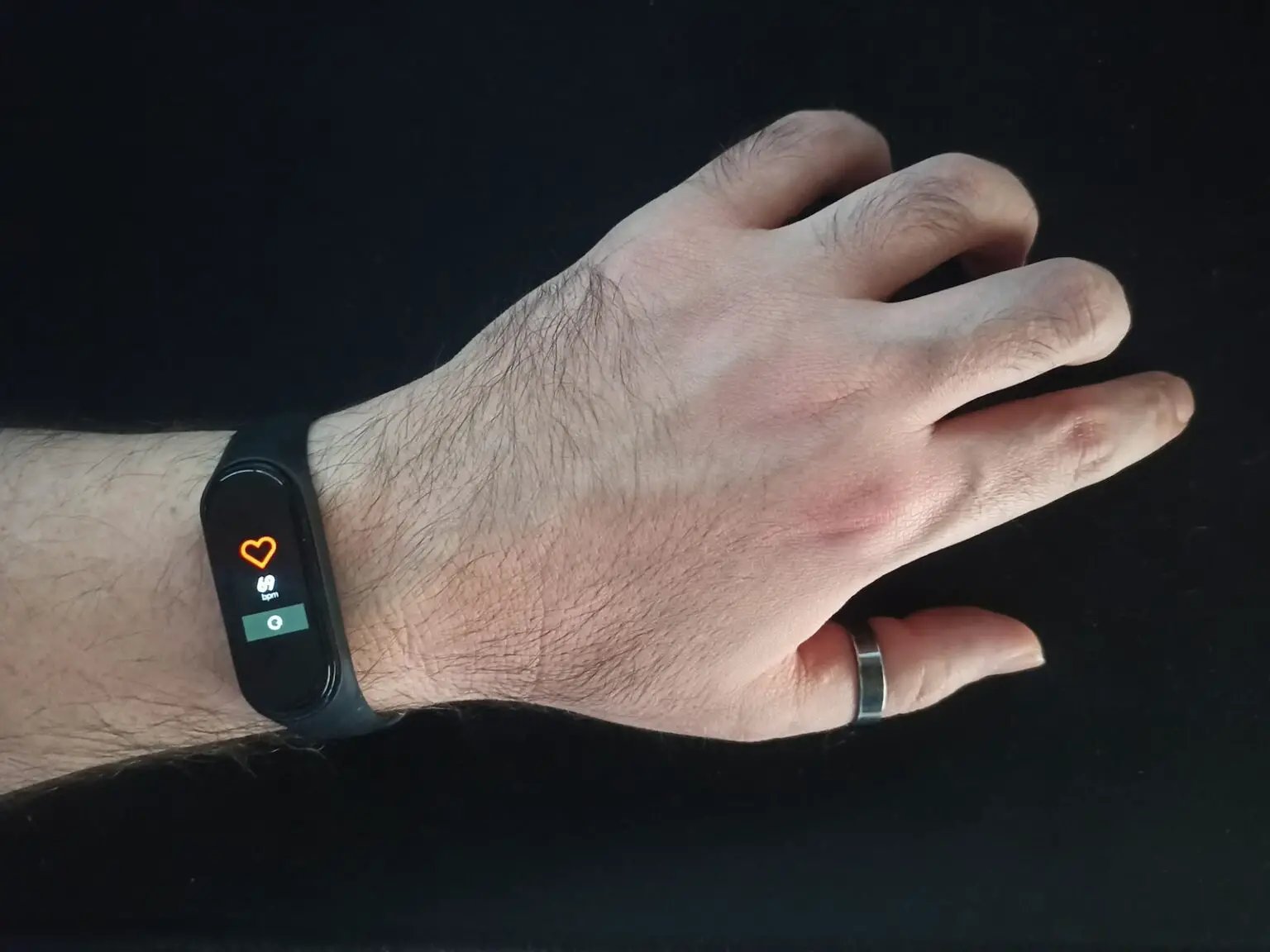Someone tried to hack my Instagram and Facebook profiles, and I even received phishing emails would take PayPal invoices. These are just a few instances where my sensitive information was at risk. Since then, I always want to know if my data is safe and I always look for ways to increase security on each device. I use the Samsung Galaxy S. 10 plus is one of the most complete smartphones you can buy at the moment, but is it secure enough, so you can feel confident about your data in this video. I will go through the main security features of this device and see if the Galaxy S cell, serious phone helps keeping your data and private information secure. First of all, all new galaxies are protected with Knox, which always sounds like a marketing gimmick but it's. Actually, not one of the reasons why Samsung Design Knox was because it wanted everyone to trust their phones, including enterprise, which usually has extremely high standards of security. The reason why I think Knox is really secure is built both on hardware and software levels during the manufacturing process. In other words, Knox is built into the processor itself, and software ensures real time monitoring and protection. The Samsung Knox constantly verifies device integrity at each layer. Ensuring corporate and personal data is always secure.
For example, it checks any mall where apps that may compromise the device or someone simply trying to hack your phone. One of the best examples to show how Knox works in real life, the secure folder.
It allows you to lock any app. You want or hide files like pictures, videos and so on. One of my favorite features you can login with separate accounts into each app. This is actually really useful if you want to separate your personal and work life or simply want to protect your privacy. So no one can read your messages, posts or emails. Let'S say you want to buy a gift for someone and make a surprise. We can add a private reminder to a calendar or notes app, add the contact of the store that sells this gift and take a picture of the gift with a secure camera, app that will say the photo into the secure gallery app. This is a very plain example, but you get the idea. The secure folder also allows you to choose either to show or block all notifications call or IDs and so on. Last but not least, you can lock the apps that can reveal the most sensitive data. For example, online banking, apps, all in all the secure folder, has become one of my favorite features of the galaxy s 10 plus. I know that there are plenty of applications out there which can lock apps or hire sensitive data, but I simply trust Samsung's Knox smart, because it's made by a trusted manufacturer – and it works both on software and, most importantly, on hardware level.
Now let's talk about biometric lock types, while the Galaxy S ten, he has capacitive fingerprint sensor on the side of the device, both the s10 and the estin plus have an ultrasonic reader under the display.
As I said in my full review, the scanner has become reliable and pretty fast after the latest software update I've been using the Galaxy S 10 plus for about one month now, and I would say it works about 99 of the time. The reason why I sometimes don't even use the fingerprint reader is because facial recognition has been excellent, all the time and it unlocks the phone really fast. Obviously, you also have your old school methods of unlocking the phone pin pattern and password honestly, I don't use these methods, but it's always great to have options all in all the Samsung Galaxy S. 10 series phones have many security features, while different screen, lock types are on the most of the phones. Real time marks, protection and secure folder make the Galaxy S 10, one of the most secure mainstream phones you can buy at the moment.



